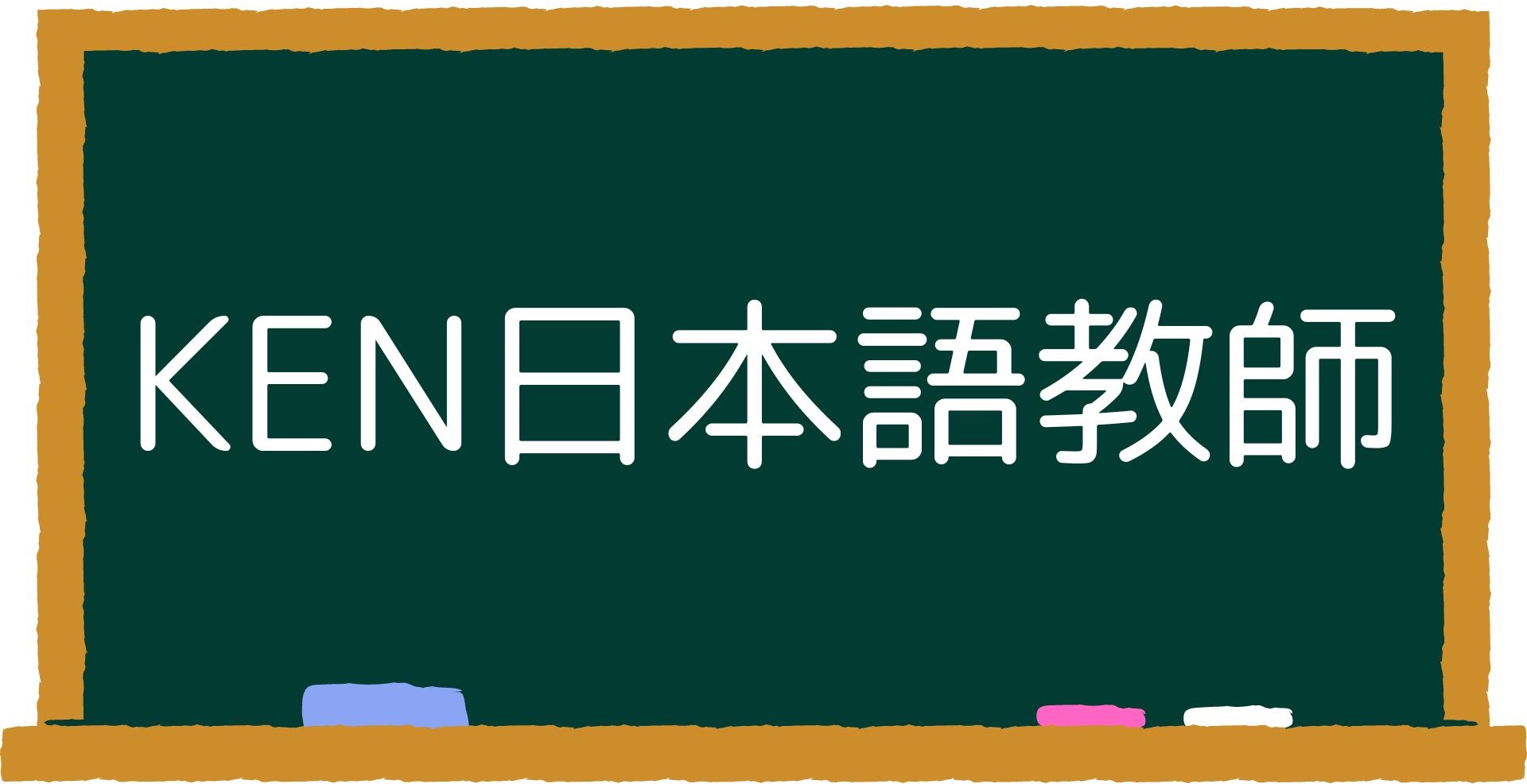👇この文型が使われているテキスト
意味・用法
【意味】
~は
【英語訳】
Use “~って” in place of “~は”.
【接続】
N + って
【補足】
カジュアルな表現として使われる。
例文
- これってどういう意味?
What’s the meaning of this?
- 彼女って本当に親切だよね。
She is really kind, isn’t she?
- 日本の夏って暑いね。
Summer in Japan is really hot, isn’t it?
- あの人って誰?
Who is that person?
- 日本語って難しいね。
Japanese is really difficult, isn’t it?
- 英語って、発音が難しいよね。
English can be hard — especially the pronunciation, don’t you think?
- 一人暮らしをするのって、大変ですか。
Is living alone tough?
- 日本の料理って、やっぱりおいしいよね。
Japanese food is, after all, delicious, isn’t it?
- この音楽って、すごく落ち着くね。
This music is really calming, isn’t it?
- お金を貯めるのって、やっぱり時間がかかりますね。
It really takes time to save money, doesn’t it?
- 仕事を辞めるのって、決断するのは簡単じゃないよね。
Quitting your job is not an easy decision to make, is it?
- 料理を作るのって、最初は面倒だと思ってたけど、慣れると楽しい。
I thought cooking was a hassle at first, but once you get used to it, it’s fun.
- 日本の社会って、礼儀正しいけど、内心を言わないことが多いよね。
Japanese society is polite, but people often don’t say what they really think, right?
- この映画って、最初は退屈だけど、後半が面白いよね。
This movie is boring at first, but the second half is interesting, isn’t it?
- 旅行に行くのって、準備が意外と面倒ですよね。
Getting ready for a trip is actually more of a hassle than you’d expect, isn’t it?
- 掃除をするのって、面倒だけど、終わった後のスッキリ感がいいよね。
Cleaning is a hassle, but the feeling of freshness afterward is great, isn’t it?
練習問題
【問題1】
例)おいしいね
→ A:一風堂のラーメンっておいしいね。
B:そうだね。
A:明日、食べに行かない?
B:うん。いいよ。
1)おもしろいね
2)きれいだね
3)難しいね
4)大変だね
【問題2】
例)人
→ A:ミラーさんってどんな人?
B:おもしろくて、まじめな人だよ。
1)人
2)料理
3)ところ
【問題3】
例)大変なこと
→ 長い時間、パソコンで仕事をするって大変です。
1)大変なこと
→
2)楽しいこと
→
3)幸せなこと
→
4)緊張すること
→
<学生募集中!>
JLPT、文法、会話、ビジネスなど様々なレッスンを提供しています。また、学習サポートもしています。興味がある方は下のお問い合わせフォームからご連絡ください。
<Looking for Students!>
I offer various lessons, including JLPT preparation, grammar, conversation, and business Japanese. I also provide learning support. If you’re interested, please contact me using the inquiry form below.

.jpg)

